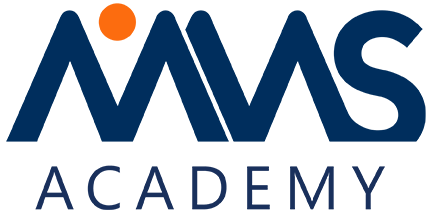An Important Update from Our Team
We will be redirecting our focus at MMS Academy and will be concluding our current services.
We understand you might have questions or need assistance during this transition. We’re here to help!
Feel free to reach out to us at info@mmsacademy.com with any inquiries or feedback.
Thank you for being an invaluable part of our story.
